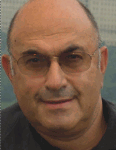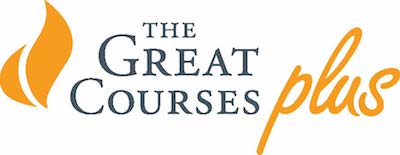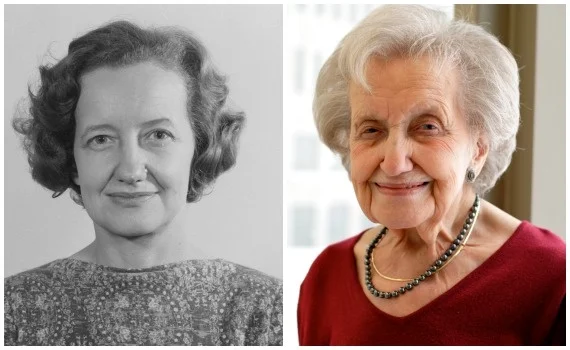In this very special episode, we begin a two part celebration of the 10 year anniversary for Brain Science. The podcast began in December 2006, which makes it one of the longest running shows since the first podcasts were launched in 2004.
Ten years is a lot of ground to cover, so for this episode we are only focusing on the early years from 2006 to 2011. Learn why the podcast began and get a peek into the format changes the show has had over the years. This episode contains something that you rarely see in the show - listener feedback! You'll get to hear what listeners think about the show, how they use the show to help them with their work, and you'll even get to hear from a critic! So many of you have reached out over the years, and although there isn't room for all our feedback in this episode, please know that each and every email that has been received is appreciated!
In today's episode Dr. Campbell discusses:
how the brain makes us human is an endlessly fascinating topic
favorite shows from the first 5 years of Brain Science
BSP 47 provides the best summary of what we know about brain evolution
favorite guests from the first 5 years
some of the decisions about the podcast frequency and the reasons beind them
the book review that got the show started
the best way to access past episodes of the show
shows mentioned are tagged with the term Embodied Cognition, so search for them that way























